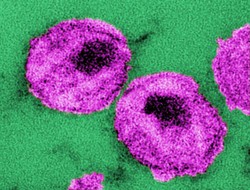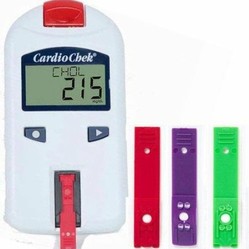The first programs in Africa to implement HIV counseling and testing for HIV took place in Uganda. Some health care providers there have also offered HIV testing to all of their clients regardless of the purpose of the office visit [1].
The traditional approach includes pre-test counseling and individual risk assessment, risk reduction methods, disclosure of HIV serostatus, and testing of sexual partners. Abbreviated counseling does not include pre-test counseling or individual risk assessment. The Uganda researchers conducted a trial of 3,415 participants. Half of them underwent traditional testing and counseling, and the other half received abbreviated counseling and testing [1].
The randomized study took place at a large teaching hospital in Uganda. The traditional approach was one which the World Health Organization recommends. The abbreviated intervention used provider-initiated HIV testing or counseling irrespective of the medical issue that prompted the visit [1].
For the respondents who had abbreviated testing and counseling, there was information about benefits of the HIV test, the right to refuse it, and the importance of test result disclosure as well as screening of the sexual partners [1]. The abbreviated method subjects also received information about risk reduction and health care services when the test was positive for the disease.
The cohort for the abbreviated approach took a survey which explored condom use, their belief about sexual partners’ HIV status, unprotected sex, multiple sexual partners, and whether he or she may have been in a serodiscordant relationship [1].
The investigators conclude that abbreviated testing and counseling is as beneficial as the traditional method which involves more detail.
Across the globe, the use of voluntary counseling and testing is quite low, and some communities have utilized door-to-door home visits many of which are to households where an HIV-positive person resides [1].




 The Reality of Aspirinon 05/24/2021
The Reality of Aspirinon 05/24/2021
 An Old Microbeon 03/31/2021
An Old Microbeon 03/31/2021
 Coronavirus and Mental Illnesson 02/14/2021
Coronavirus and Mental Illnesson 02/14/2021
 Acute Ischemic Strokeon 12/25/2020
Acute Ischemic Strokeon 12/25/2020


Comments